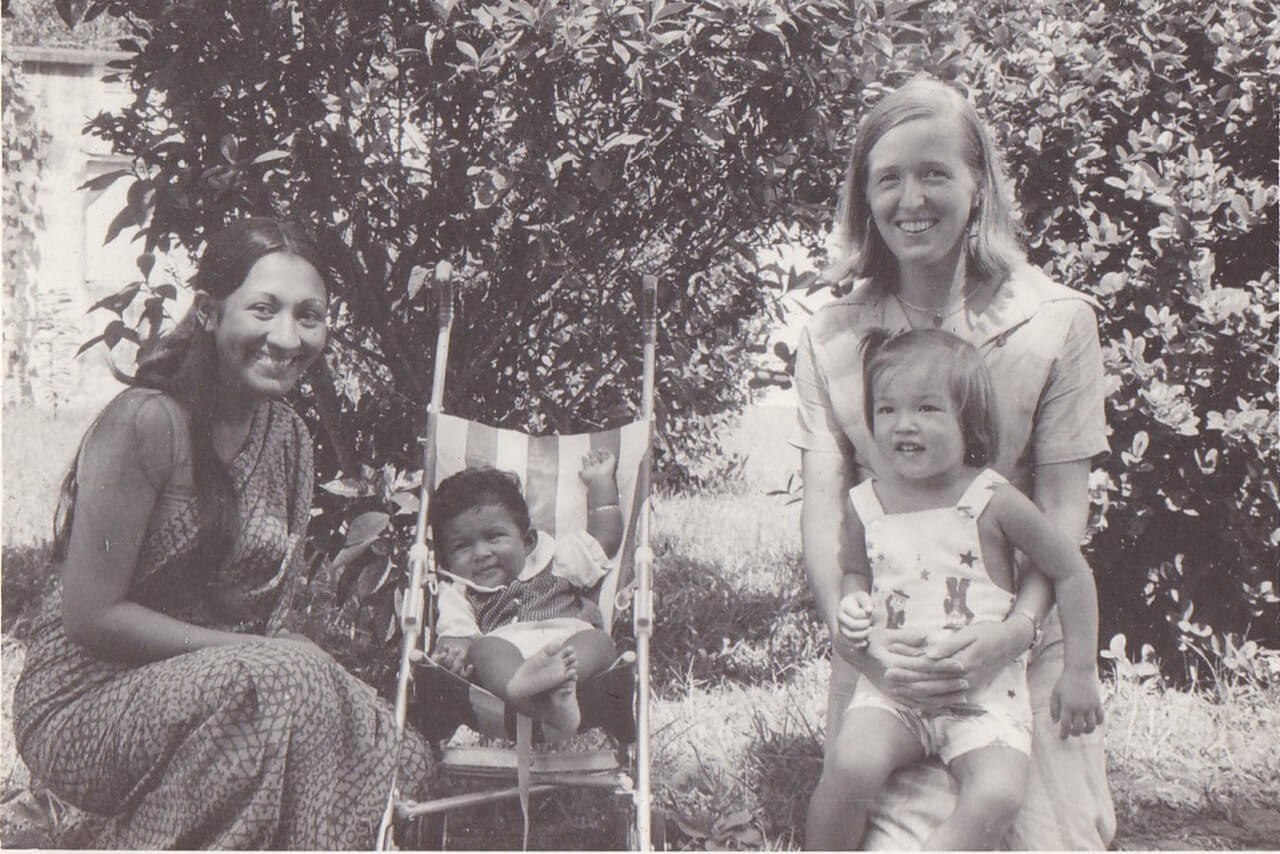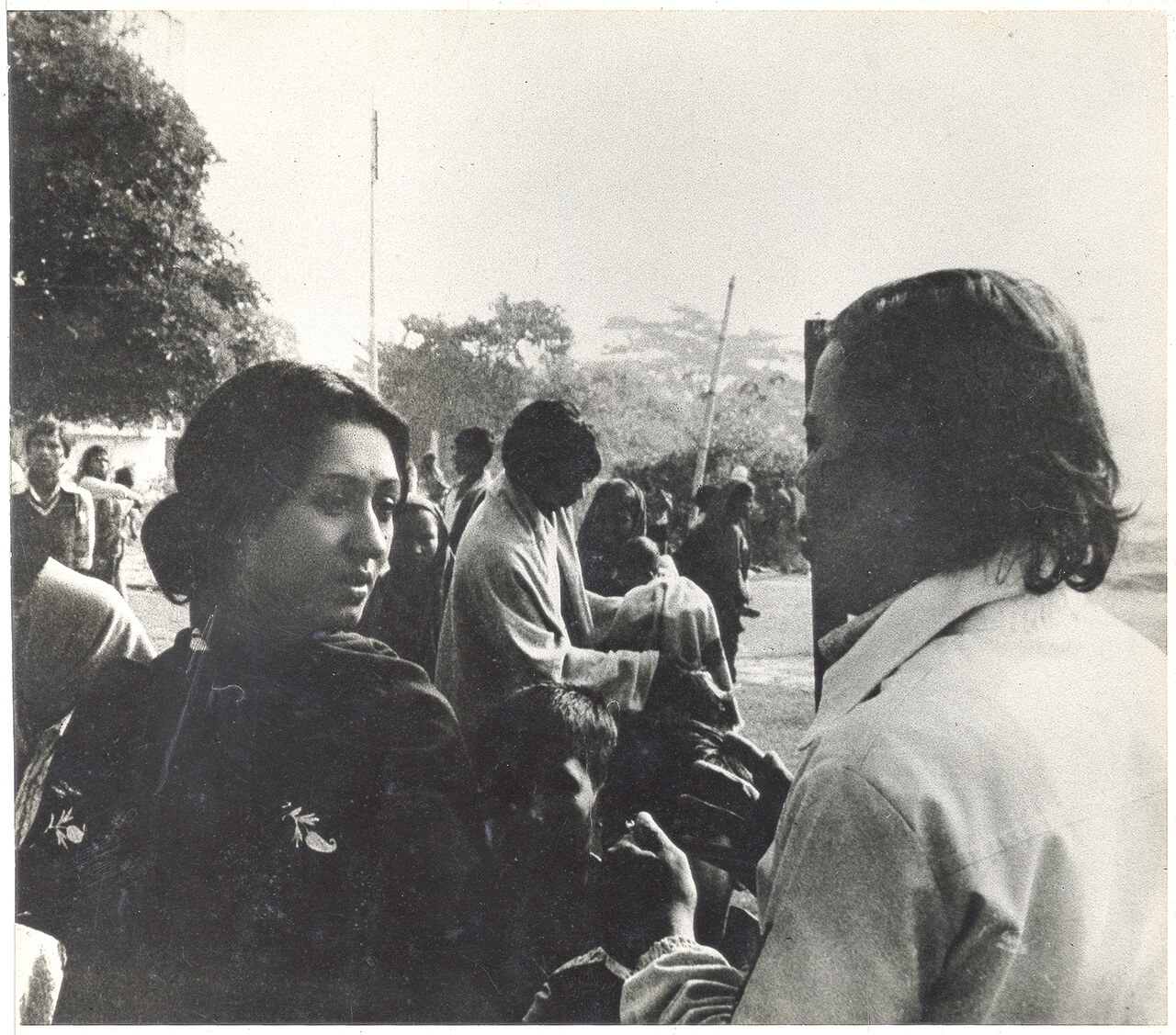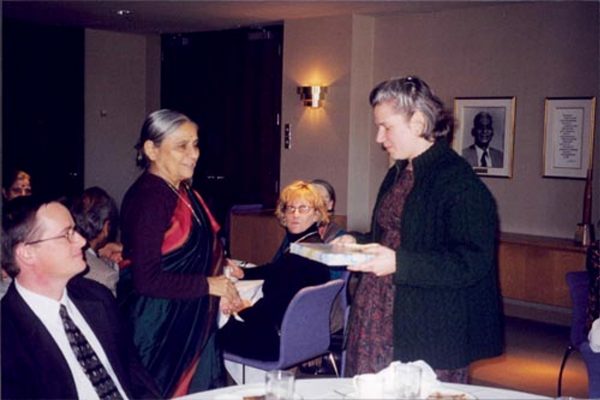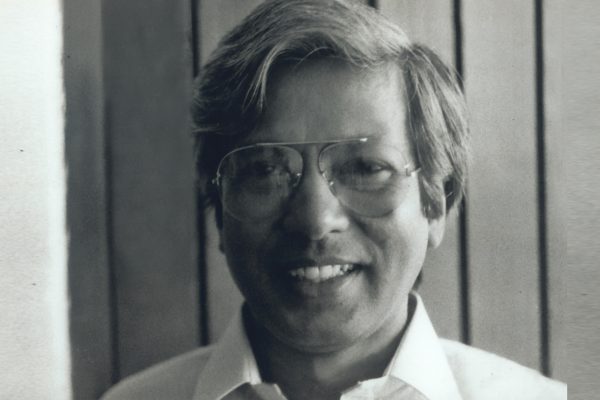She was the heart and soul of BRAC
Reading Time: 3 minutes
Ayesha Abed, one of the most instrumental figures in BRAC’s history, is the person behind the birth of Aarong. She initiated many of the major activities, identifying and experimenting with various crafts that women could easily produce at home. Dr Martha Chen shares her tribute on one of her most cherished friends.
Dr Martha (Marty) Chen is a lecturer of public policy at Harvard Kennedy School, an affiliated professor at Harvard Graduate School of Design, and senior advisor of the global research-policy-action network, Women in Informal Employment: Globalizing and Organizing (WIEGO). Before joining Harvard in 1987, she had two decades of resident field experience in South Asia: in Bangladesh in the 1970s – working with BRAC, and in India in the 1980s, where she served as a field representative for Oxfam America. In both capacities, she worked closely with working women living in poverty in villages and urban settlements to promote their economic empowerment. Her book ‘A Quiet Revolution’ is a product of her effort and experience in Bangladesh. She was closely acquainted with the life and work of the late Ayesha Abed, accompanying her on numerous field visits, and among other things working with craftspeople, especially women to revive local craft, among other things.
This article was first published in the special issue of Shetu which marked the 25th anniversary of BRAC.
Ayesha Hasan Abed and I joined BRAC on the same day in mid-1975. For the next five years, we shared the same office and many of the same responsibilities: directing BRAC’s fledging research unit, planning BRAC’s women’s programme, editing BRAC’s newsletter, and more. We were known as the executive assistants to BRAC’s executive director, Fazle Hasan Abed. But she has an additional and more fundamental role to play, both at work and at home, as Abed’s wife. To the staff of BRAC, he was Abed Bhai (Abed-brother) and she was, simply, Bhabi (sister-in-law). To her friends and family, she was Bahar.

By whatever name, Bahar was the heart and soul of BRAC until her untimely death in 1981. She provided the emotional glue to a fast-changing and fast-growing organisation: listening to and counselling BRAC staff, listening to and advising Abed, negotiating between BRAC staff and Abed. More importantly, perhaps, she provided a moral depth to BRAC’s deliberations. Whether we were discussing budgets or plans, Bahar would always remind us of the wider principles to which BRAC was committed. She was our resident philosopher.
In those early days, Abed, Bahar, and I would often go to their home for lunch. Our one and only topic over countless lunches was BRAC. During those lunchtime discussions, the seeds of many of BRAC’s future programmes were planted. Abed was the grand strategist, Bahar was the thoughtful tactician. I marvelled at their joint vision for BRAC but would, of course, add my two-paisa’s worth of ideas. I will always treasure those lunchtime planning sessions for the excitement in the air, the deliciousness of the fare, and the graciousness of the surroundings. For Bahar was not only a deep thinker but also an elegant hostess. Like Bahar herself, Bahar’s home was invariably well groomed.

During the five years that Bahar and I worked together, BRAC grew from 30 staff to 300, expanded from one area of operation to three, modified and diversified its programmes, and shifted from a rented headquarters to the first BRAC building (which we thought at the time was enormously grand!). Bahar might be surprised to find that the original BRAC building is now completely dwarfed by another larger BRAC building, that BRAC’s programmes have been further diversified, and that BRAC now works in a dozen or more areas. But, then again, she might not be surprised. After all, she believed deeply in Abed himself.
When Bahar died in 1981, her family, friends, and colleagues established the Ayesha Abed Foundation in her memory to promote the employment and empowerment of rural women in Bangladesh. If she were with us to celebrate the 25th anniversary of BRAC, Bahar would, undoubtedly, take great delight in the activities of the Foundation and of BRAC more generally. But she would also, undoubtedly, have many suggestions as to what else needs to be done. We miss her gracious presence and her wise counsel.





